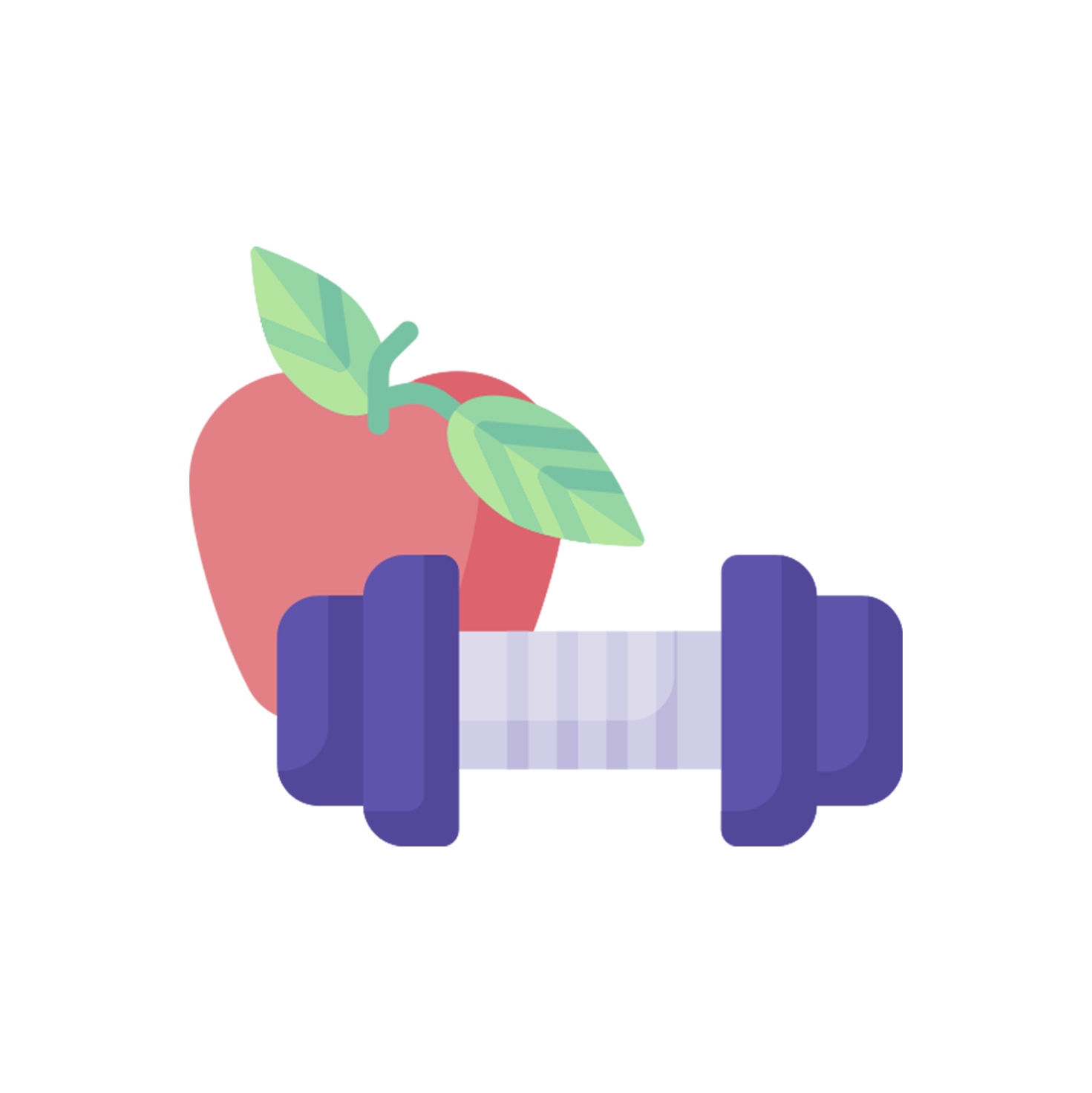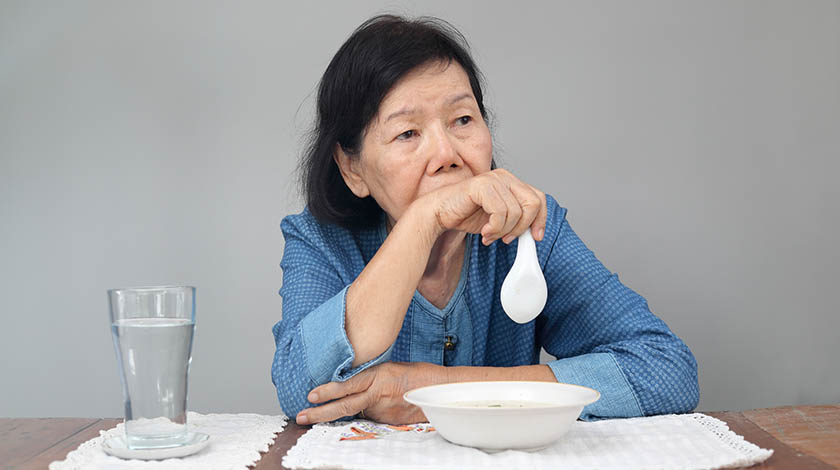Aging brings changes to our bodies. Such changes, which include loosened teeth, deterioration of taste buds, dry mouth, and poor digestion often have a direct impact on food consumption. To the elderly, this means more than merely missing out on appreciating foods that they once enjoyed, as this could eventually lead to nutritional deficiencies.
The good news is, changing eating habits and food choices can actually help rectify the problems.
1. Loosened teeth
Dicing up food can alleviate chewing difficulties. Modifying food texture, e.g. pureeing, can also facilitate chewing and swallowing. Minced meat, fish, bean curd, tomato and banana are foods which texture can be easily modified.
2. Deteriorated taste buds
When enhancing flavors, steer away from salt-based seasonings as high salt intake could increase blood pressure and subsequently lead to heart disease.1 Instead, try using herbs and spices like ginger, garlic, parsley, coriander and pepper as flavor boosters.
3. Loss of appetite
Try having small but more frequent and nutrient-rich meals instead. Here are some ideas for nutrient-dense foods: Bean curd and egg soup, congee with minced pork and shredded lettuce, and noodles with fish slices and vegetables.
4. Dry mouth
Elderly with dry mouth can benefit from moist food or dishes with sauces, gravies or clear soup. Recipe ideas include steamed egg, meat stew and mashed potatoes.
5. Poor digestion
Poor digestion, which directly affects nutrient absorption, can be helped by having small but frequent meals. Avoid fried and fatty foods, and minimize caffeine and alcohol consumption. A walk after meals would certainly help too.
Sources
© Cigna Healthcare 2023
Information provided in this article is intended for health and fitness purposes only and is not intended for use in the diagnosis of disease or other conditions, or in the cure, mitigation, treatment or prevention of disease (see Terms & Conditions for details). Any health-related information found in this article is available only for your interest and should not be treated as medical advice. Users should seek any medical advice from a physician, especially before self-diagnosing any ailment or embarking on any new lifestyle or exercise regime. Any information contained in this article may not be suitable, accurate, complete or reliable. Cigna Healthcare accepts no responsibility for the content or accuracy of information contained on external websites or resources, or for the security and safety of using them. "Cigna Healthcare" and the "Tree of Life" logo are registered trademarks of Cigna Intellectual Property, Inc. in the United States and elsewhere, licensed for use. All products and services are provided by or through operating subsidiaries, and not by The Cigna Group.





